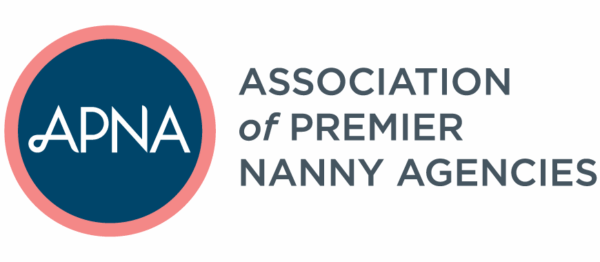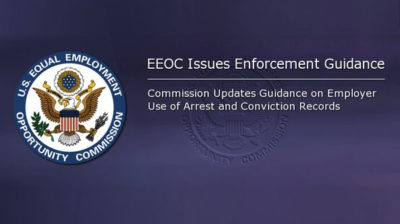Last month, the EEOC issued new guidelines regarding the use of arrest and conviction records in making employment decisions under Title VII of the Civil Rights Act of 1964.According to the guidelines summary: “An employer’s use of an individual’s criminal history in making employment decisions may, in some instances, violate the prohibition against employment discrimination under Title VII of the Civil Rights Act of 1964.” While the guidelines do not have the same force as regulations, they doprovide guidance to employers about how can avoid opening themselves up to discrimination suits that could stem from background checks.
Interestingly, the guidelines draw a distinction between the handling of arrest records and conviction records. While the Fair Credit Reporting Act (http://www.ftc.gov/os/statutes/031224fcra.pdf) allows for the reporting of arrests going back 7 years, the new EEOC guidelines specify that arrests alone should not be used as the basis for denying employment. However, arrest records should only be considered in employment decisions when the employer determines that the “conduct underlying an arrest” makes the individual unfit for the position in question. The EEOC characterize conviction records as more acceptable grounds for denying employment. However, the Commission recommends that employers shouldn’t ask about convictions on job applications.
The new guidelines caution employers about the inaccuracies inherent in criminal databases—from the FBI database to the proprietary “nationwide” databases available from background screening companies (Consumer Reporting Agencies).
So, what does any of this have to do with in-home support services? Maybe not that much. The EEOC guidelines specifically state that the nature of the job, e.g., “the level of supervision, oversight, and interaction with co-workers or vulnerable individuals…and the environment in which the job’s duties are performed e.g., out of doors, in a warehouse, in a private home.” [Italics added.] Nevertheless, companies that provide eldercare and childcare servicesin the home should read and review the guidelines.
Lynn Peterson
Vice President
PFC Information Services, Inc.
6114 La Salle Ave., #638
Oakland, CA 94611


